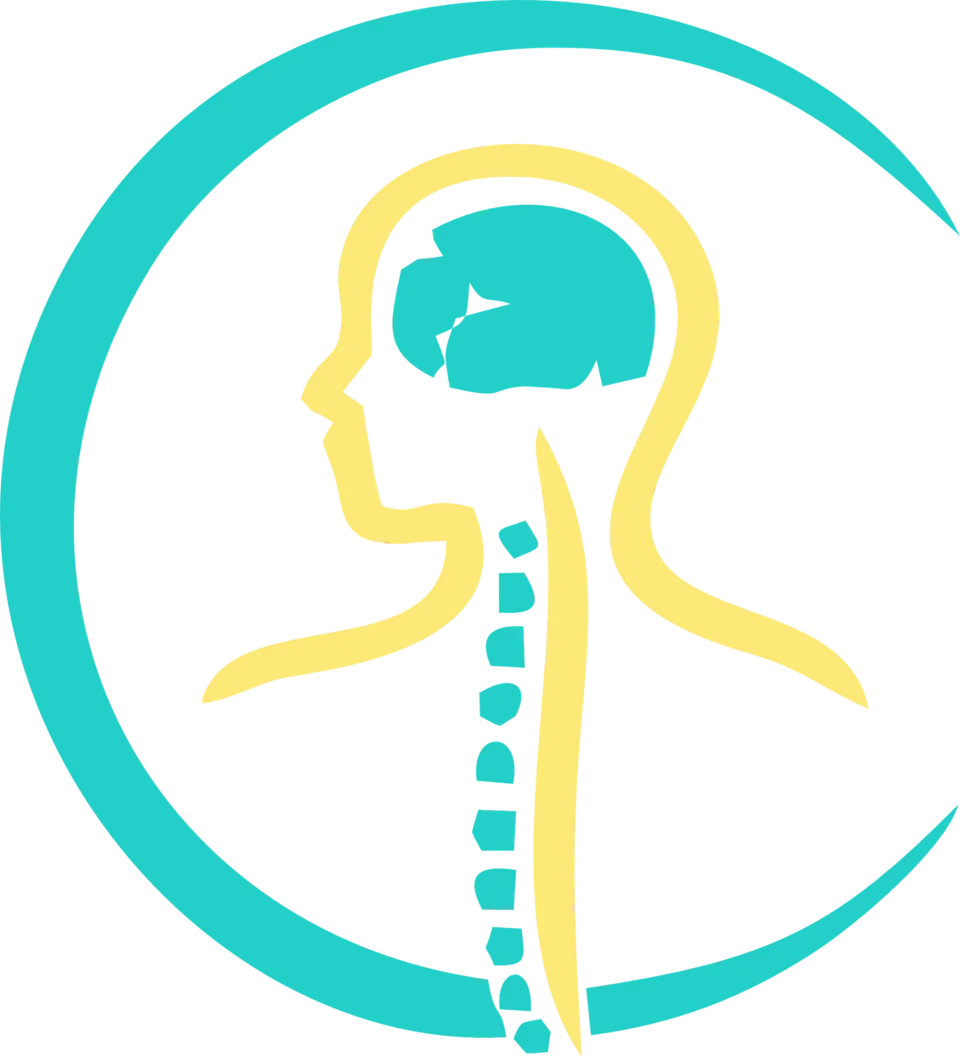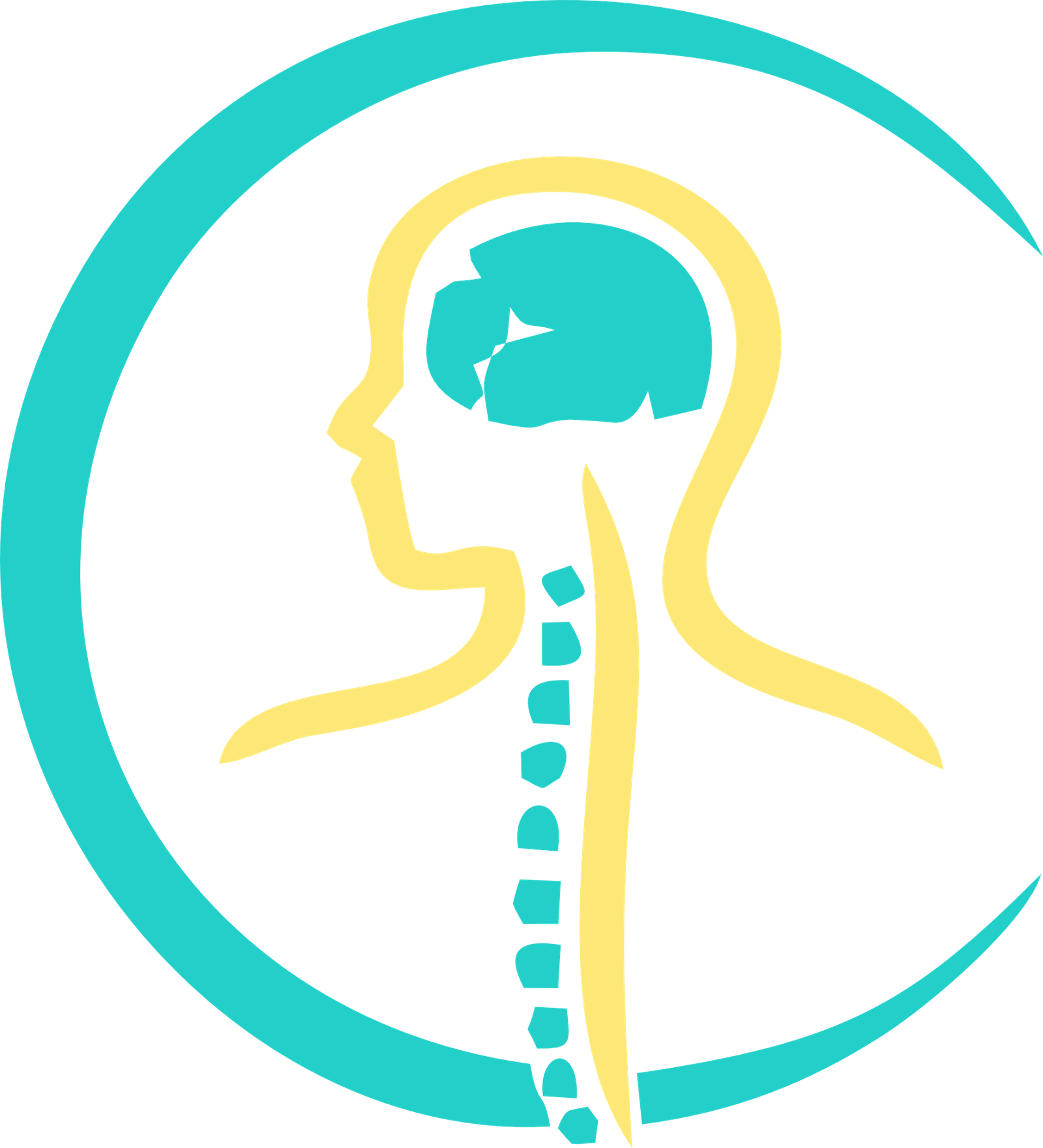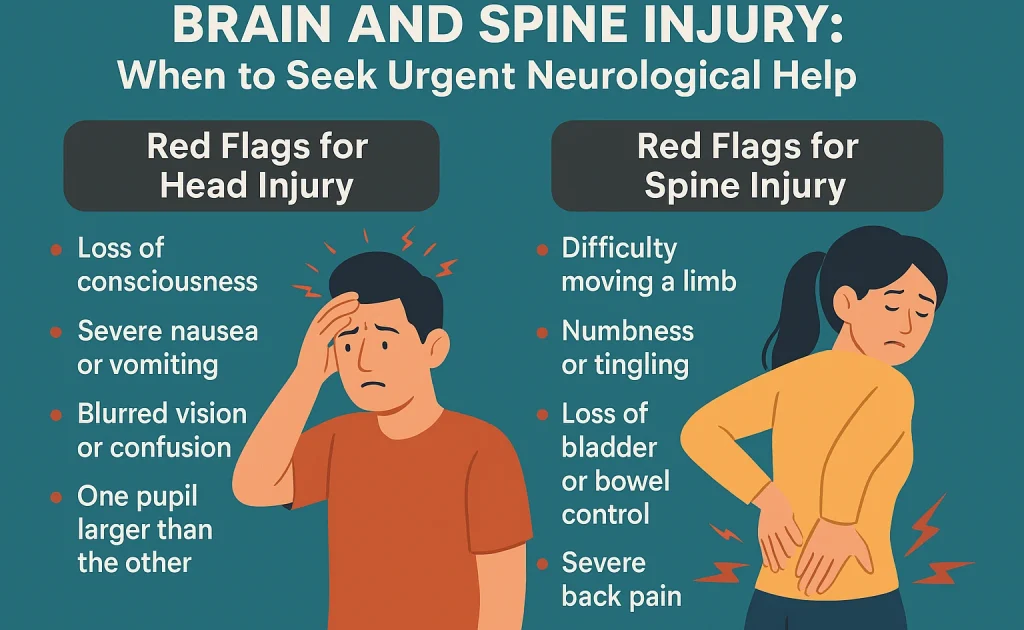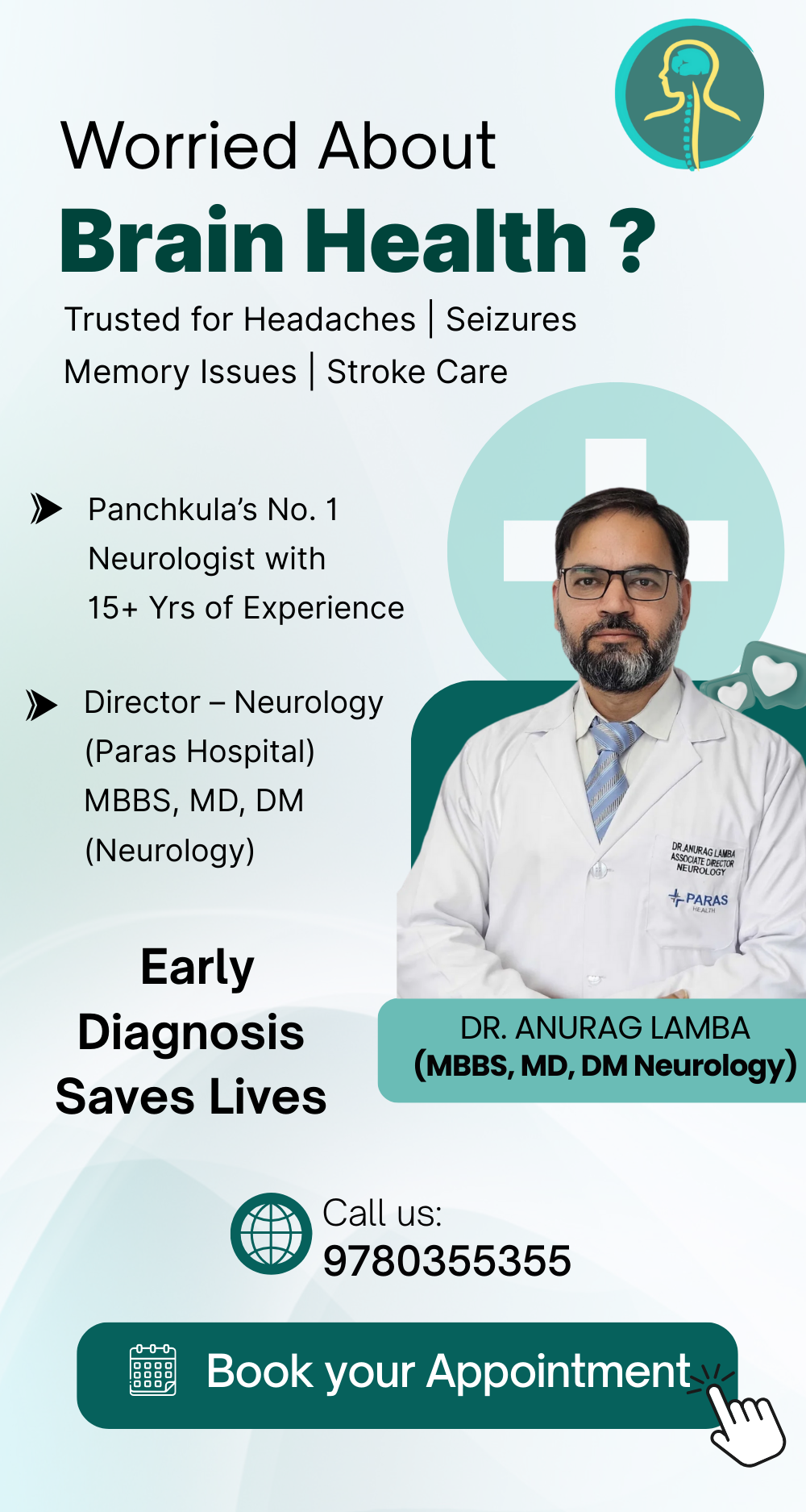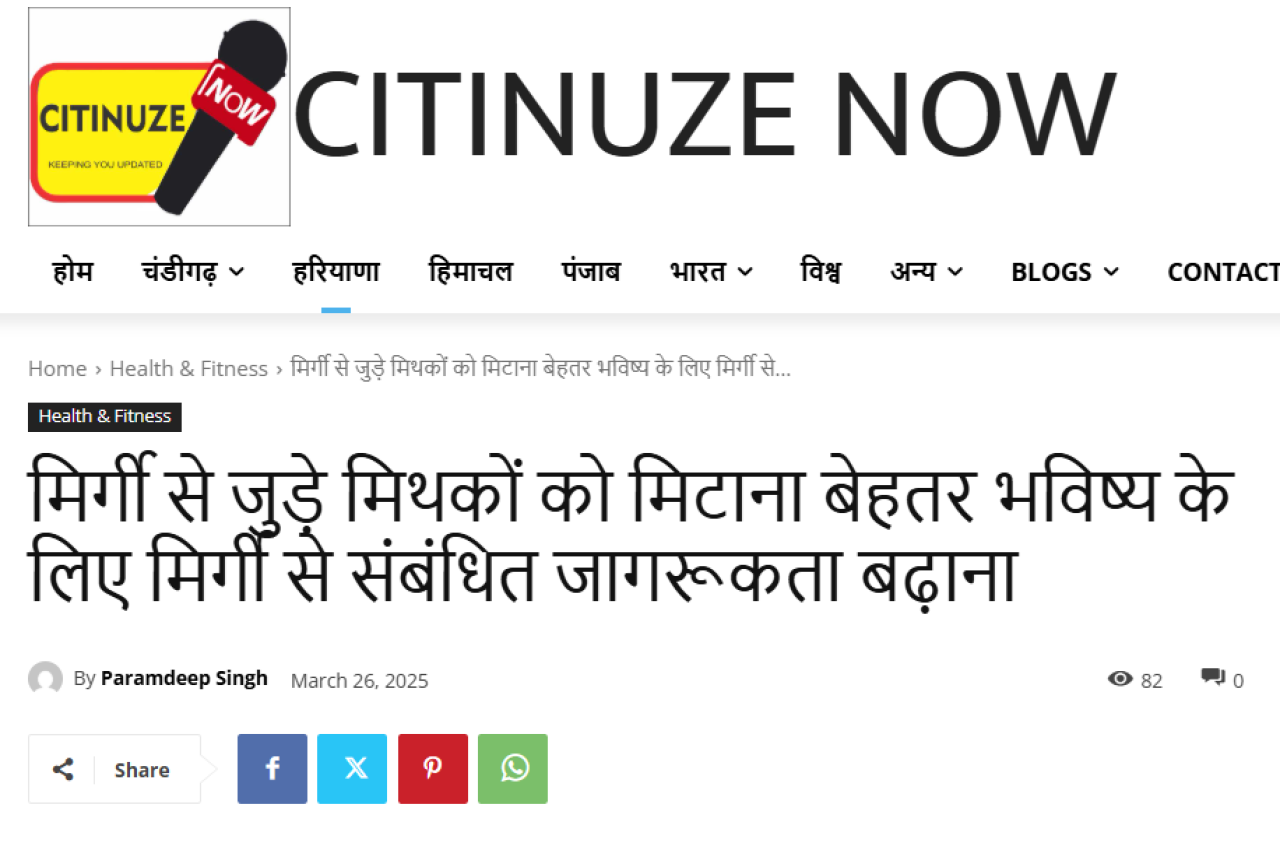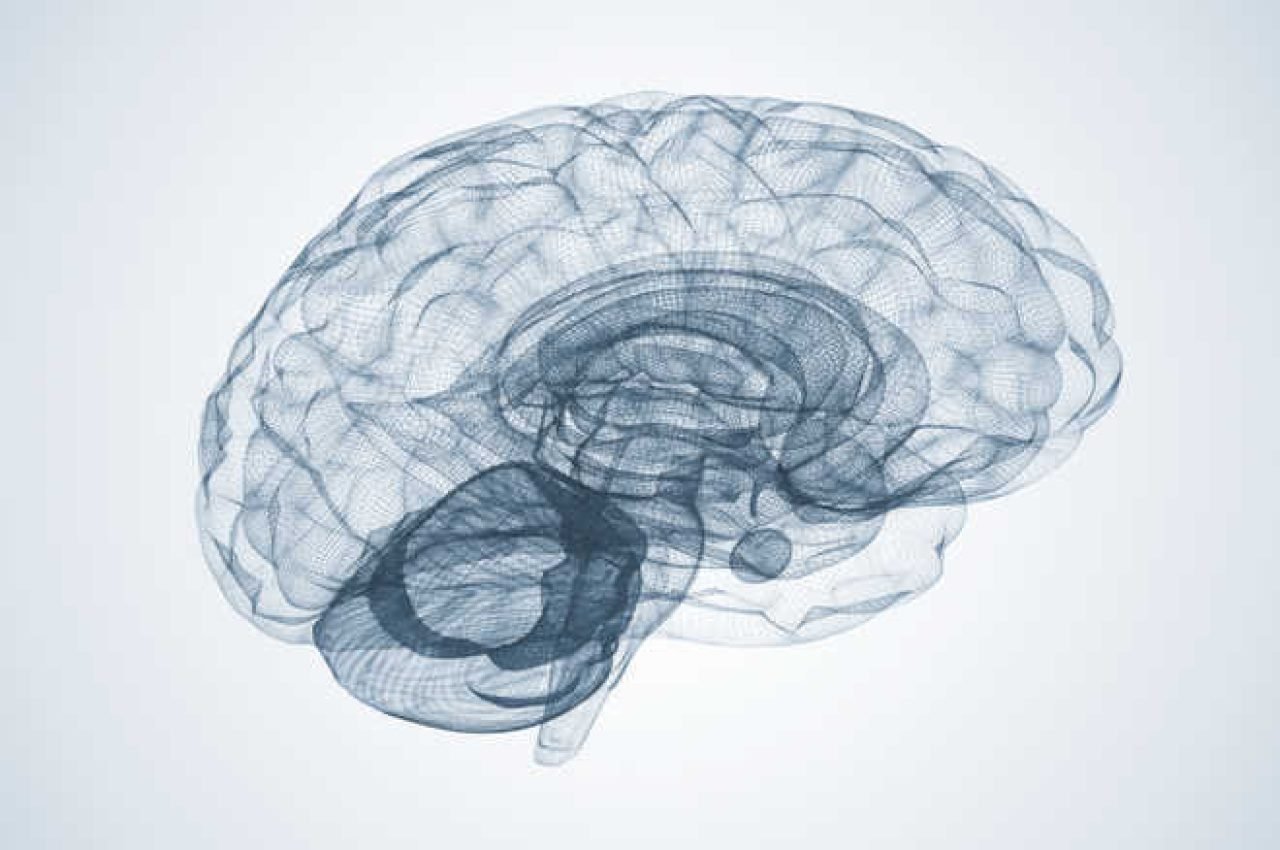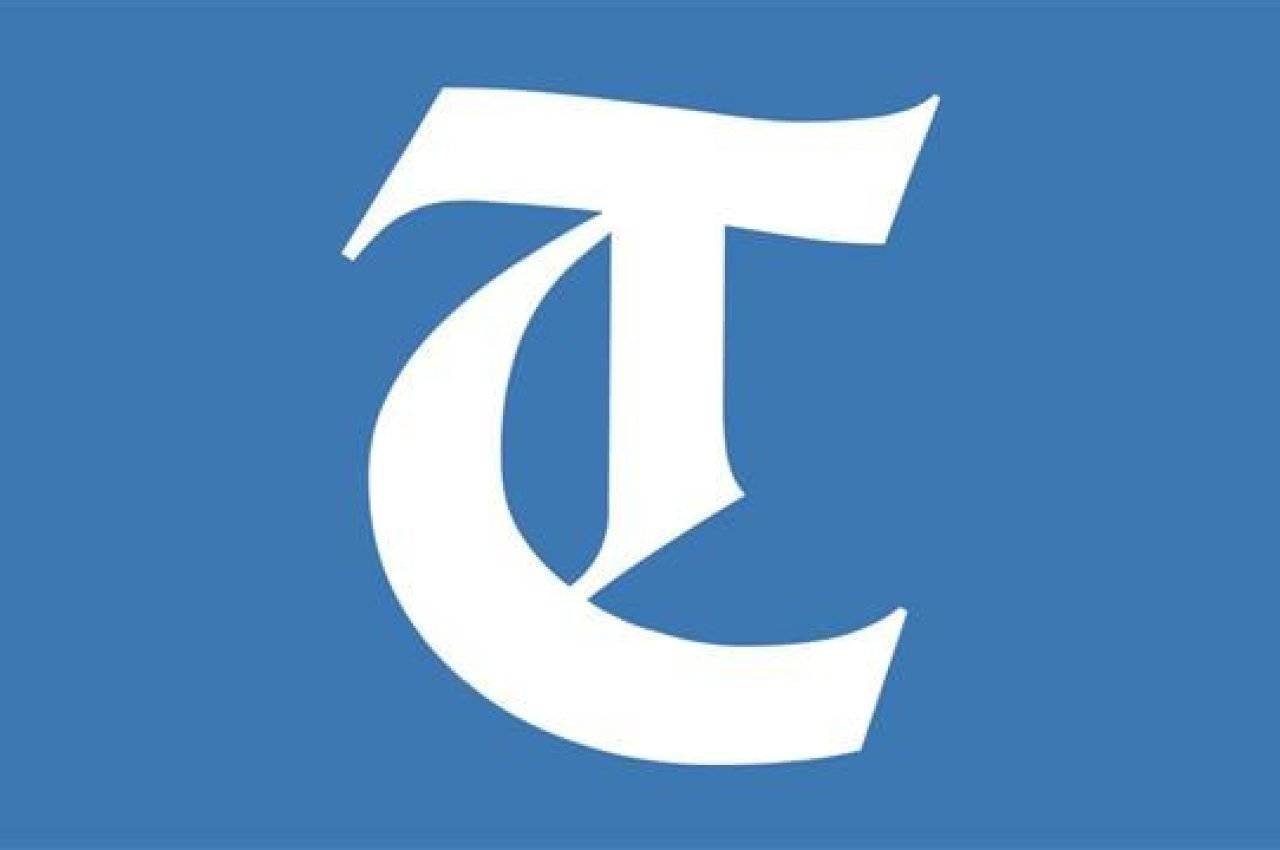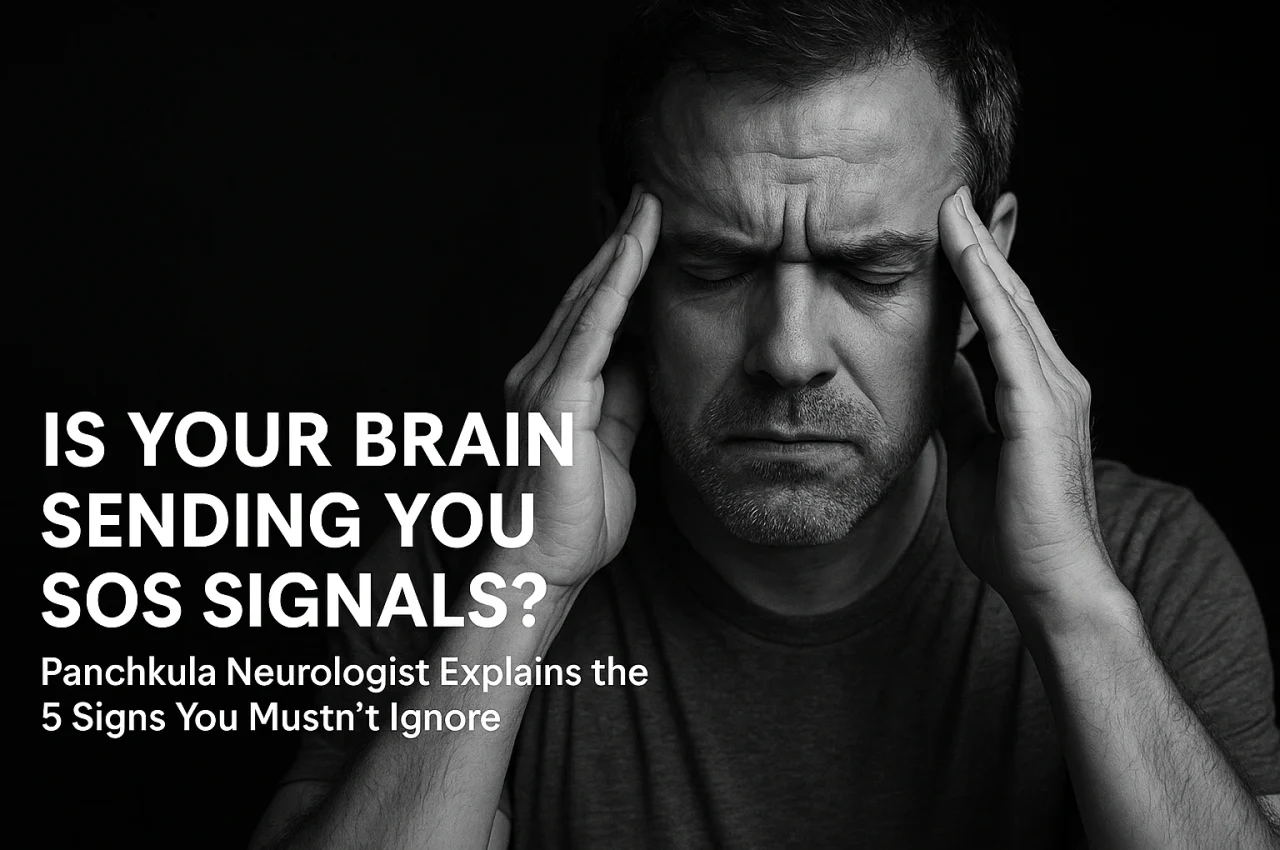Brain & Spine Trauma Can’t Wait: Know the Warning Signs
Whether from a fall, accident, or sports injury, trauma to the brain or spinal cord can lead to serious, even life-altering complications if not treated quickly. Unfortunately, many people ignore mild symptoms, assuming they’ll go away on their own.
At Dr. Anurag Lamba’s Neurology and Spine Clinic in Panchkula, we treat neurological trauma with urgency and precision, focusing on early intervention to prevent long-term damage.
When Is It More Than Just a Bump or a Strain?
Minor knocks or back pain might heal with rest—but the following signs need immediate medical evaluation:
Head Injury Red Flags
- Loss of consciousness, even briefly
- Repeated vomiting or severe nausea
- Blurred vision, confusion, or difficulty speaking
- Seizures
- One pupil larger than the other
- Bleeding from the ears or nose
- Memory loss or altered behavior
💡 Related Read: Explore more on Brain Tumors: Early Warning Signs, Diagnosis, and Advances in Treatment for overlapping neurological signs.
Spine Injury Warning Signs
- Inability to move a limb or sudden weakness
- Numbness or tingling in arms, hands, legs, or feet
- Loss of bladder or bowel control
- Severe neck or back pain
- Visible deformity or bruising along the spine
- Difficulty breathing
These symptoms could indicate spinal cord compression or nerve injury, which needs urgent attention.
Common Causes of Brain & Spine Injuries
- Road traffic accidents (bike or car crashes)
- Falls from stairs, ladders, or beds
- Sports injuries (especially contact sports)
- Physical assault or workplace trauma
- Slipped disc or herniated disc injuries
These incidents may affect not only bones and muscles, but also the central nervous system, making it critical to consult a neurologist—not just an orthopaedic doctor.
💡 Related Read: Read Chronic Back Pain: When to Consider a Specialist in Panchkula for more on spine-related nerve issues.
How a Neurologist Evaluates Brain or Spine Trauma
At our clinic, we begin with a thorough neurological and physical exam, then proceed with:
- MRI or CT scan to assess bleeding, swelling, fractures, or disc injury
- Nerve conduction studies if limb weakness or numbness is present
- EEG or cognitive tests in case of memory issues or seizures
- Reflex and sensory assessments to check spinal cord integrity
💡 Related Read: Understand the full scope of diagnostics in Best Neurologist in Panchkula: Key Services & Expertise
Treatment Options for Brain & Spine Injuries
Every case is different—but we offer a range of options based on the injury’s type and severity:
- Hospital admission for observation in case of head trauma
- Medication to reduce swelling, pain, or seizures
- Surgical intervention for spine compression or hematoma (if needed)
- Physiotherapy and rehabilitation to regain strength, mobility, and balance
- Pain management and nerve function monitoring
In many cases, early detection and timely treatment can prevent surgery and speed up recovery.
💡 Related Read: Want to know more about surgical options? Visit Neurosurgery 101: Common Brain & Spine Procedures Explained
What Happens If You Delay Care?
Delaying neurological care can lead to:
- Permanent brain damage
- Paralysis or reduced mobility
- Loss of bladder or bowel control
- Chronic pain syndromes
- Seizure disorders
- Cognitive decline
Even a short delay can make a big difference in recovery. Don’t wait for symptoms to “settle on their own.”
Final Thoughts: When in Doubt, Get Checked
Whether it’s a fall from a scooter or a slip in the bathroom, never ignore signs involving the brain or spine. A timely check-up today can prevent a lifelong disability tomorrow.
Dr. Anurag Lamba and his team in Panchkula provide rapid neurological care, accurate diagnosis, and compassionate post-injury support.
📍 Clinic Location: Panchkula, Haryana
📞 Call Us: +91 9780355355
📅 Book Appointment
FAQ: Brain & Spine Injuries
1. What’s the first thing to do after a head injury?
Keep the person awake, still, and monitor symptoms. Seek medical help immediately if any red flags appear.
2. Should I go to a neurologist or orthopaedic after a spine injury?
If there are numbness, weakness, or bladder issues, see a neurologist. Orthopaedic doctors treat bones, while neurologists treat nerve and brain injuries.
3. Can a mild concussion cause long-term damage?
Yes, if not monitored properly. Repeated or untreated concussions can lead to cognitive impairment or chronic headaches.
4. How soon should I get an MRI after a spinal injury?
If there’s persistent pain, weakness, or tingling, you should get imaging done as soon as possible for accurate diagnosis.
